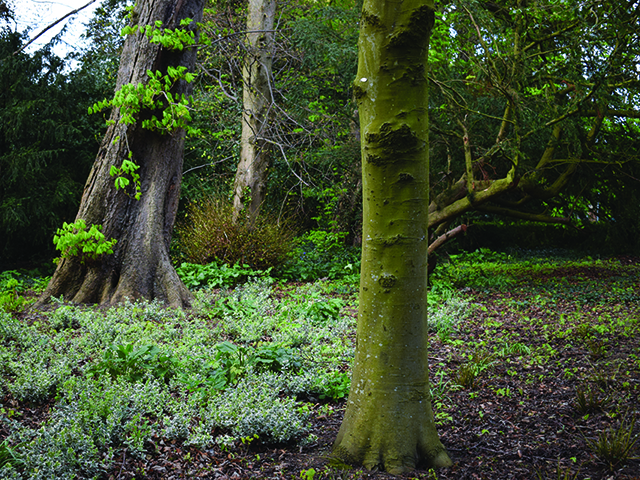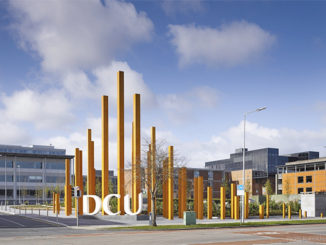
[dropcap]D[/dropcap]CU professor Michael Cronin looks at the effect of humans on the global environment in his new book, ‘Eco-Translation: Translation and Ecology in the Age of the Anthropocene’.
Translation studies is the examination of how language has been exchanged and interpreted throughout the years.
The book was launched in the Irish Writers Centre by Susan Bassnett, translation theorist and professor of Comparative Literature at the University of Warwick, England. Bassnett describes Cronin’s voice as “genuinely original”.
Cronin, Faculty of Humanities and Social Sciences, is a multiple time author, member of the Royal Irish Academy and Academia Europaea, and an Honorary Member of the Irish Translators and Interpreters Association.
‘Eco- Translation’ examines how translation, which Cronin argues can also be called interpretation, effects our ever-changing ecosystem and the way species live on our planet. In one chapter titled ‘Translating animals’, Cronin pushes the idea of needing translation for interspecies communication, which Bassnett put into context during her introductory speech.
“I stopped and asked [a] shepherd how many sheep there were [with him] and he said some 300, and no, they didn’t need anyone to lead them, they knew where they were going, so he simply followed the flock on his quad bike.….How did they know where to go, was my thought? Is it possible that memory is genetically transmitted, as must surely happen with birds? The chapter combined with the experience of seeing the flock move has made me completely rethink my understanding of sheep.”
Bassnett said she found this book “illuminating” and that it contains both a general and specific message for translation studies as a practice.
“The field needs to expand outwards, to think about other forms of communication than the human inter linguistic, to engage with the idea of translation as a global activity and, as we are invited to do, ‘to configure the planetary into all our thinking.”
Michelle Martin
Image Credit: Grainne Jones



